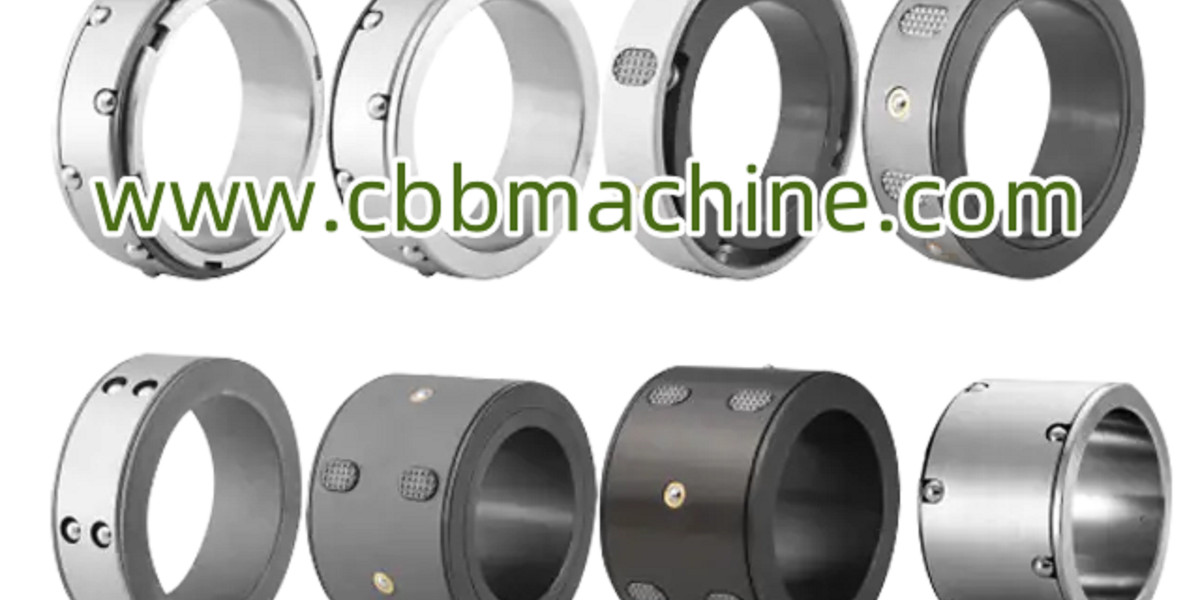In the world of web converting and flexible packaging, the Differential Shaft plays a pivotal role in ensuring balanced tension and independent rotation for multiple reels on a single shaft. This component is especially essential when materials of varying thickness or tension requirements need to be rewound or unwound simultaneously without causing defects or misalignment.
A differential shaft works by allowing each core or reel to rotate independently, thanks to the use of friction rings or clutches that adjust according to tension. This allows different reels on the same shaft to maintain uniform tension despite variations in roll diameter or material properties. The result is smoother operation, higher productivity, and reduced material waste.
Industries such as paper, film, nonwovens, and laminates rely heavily on differential shafts to maintain the integrity of their output. For example, in high-speed slitting and rewinding processes, slight variations in material thickness can lead to uneven tension. With a standard shaft, this would cause telescoping, wrinkling, or even breakage. The differential shaft solves this issue by distributing torque evenly, allowing each roll to respond independently to the tension control system.
Moreover, the use of a differential shaft improves operational efficiency. Operators can load multiple cores quickly without recalibrating the entire system for each one. This feature is particularly useful in short-run jobs or when dealing with mixed material types. The result is faster changeovers, increased output, and improved quality control.
From a mechanical standpoint, differential shafts are designed for durability and adaptability. Many models are customizable, with different core sizes, friction mechanisms, and materials available to suit specific machinery or production needs. Maintenance is also simplified, as most friction rings can be replaced individually without disassembling the entire unit.
For companies focused on automation, differential shafts contribute significantly to maintaining consistent output. They integrate well with tension control systems and other web handling technologies, supporting the shift toward intelligent manufacturing. Whether operating in high-speed slitting lines or flexible packaging setups, differential shafts ensure smoother transitions and improved material control.
As production demands continue to evolve, the importance of reliable, adaptable components like differential shafts becomes increasingly clear. These shafts represent not just a mechanical advantage, but a strategic investment in production quality and operational efficiency.
For more information about differential shafts and their industrial applications, please visit: www.cbbmachine.com



